Letter to the Editor: A Student’s Perspective on the Minnesota Academic Balance Bill
March 13, 2018
As I opened my computer at 10 PM on March 12th in order to shut it down for the night, I was surprised to see that I had received an iMessage from a friend with a link to a Zephyrus article. The article described the Edina Young Conservatives Club’s comments on the settlement of the recent lawsuit filed by them against Edina Public Schools. At the bottom, the article mentioned that some of the club members had recently spoken in support of a bill called the Minnesota Academic Balance Bill, which is currently being debated in the Minnesota State Senate. Upon further research, I learned that the bill seeks to “require caution from classroom teachers when expressing personal views in the classroom and prohibit the introduction of controversial matters without a relationship to the subject taught.” Furthermore, the bill requires each district to write an “academic balance policy” that includes “reporting procedures and disciplinary actions for policy violations.”
Honestly, I find this bill and its language to be very alarming. First of all, the language is extremely vague. “Controversial matters without relationship to the subject taught” is very subjective. One individual might take a strict view on this wording and feel that if anything in the classroom is not obviously tied into the subject it would be in violation of the policy. What that individual might not take into account is that the teacher has a larger plan that pulls information from that activity in a broader manner related to the subject.
For example, during the week after Martin Luther King Jr. Day, my English class read an article about how many people feel very passionately that MLK and his overall message have been whitewashed, and that MLK Day is kind of insulting to his original message. Certain individuals might have taken the article as “political indoctrination,” as it had liberal-leaning ideas that included criticisms of some Republican leaders. Under the new policy and its vague language, this article could be seen as controversial and not related to the study of English. Individuals who choose to view the lesson in this light fail to see that the article was meant to supplement other reading that we had been doing about Martin Luther King Jr. We had been analyzing the rhetorical devices that King used in certain speeches and letters, which is definitely related to the subject of English. Furthermore, from a broader lense, isn’t school a place where we should learn about different viewpoints that we wouldn’t normally see? Personally, I had never really thought about the fact that Martin Luther King’s messages have often been cut in specific ways in order to achieve a certain message that people want us to see. For example, many people don’t know that Martin Luther King was an ardent supporter of socialist ideals.
The main problem in this situation was that I didn’t even get to read the article and think about this new viewpoint without my teacher having to preface the class’s discussion with an apology. She told us that she wanted everyone to know that this article was only “one part of the story” and that it was not meant to push ideas onto anyone. She explained that it was an activity meant to show us a new side of thinking about how Martin Luther King’s speeches have been presented to us, and it was okay if we didn’t agree.
After hearing my teacher preface the article in a fashion that led me to believe that she was thinking about the allegations of “political indoctrination,” I became even more convinced of a thought that has arisen in my mind over the past few months. My teachers are afraid. They are afraid to teach their students as they have in the past because someone might call them out for “political indoctrination.” This realization leads me to my second issue with the Academic Balance Bill: I am afraid of what it might do to our school culture. The stipulation within the bill that the school district must make a new policy that includes “reporting procedures and disciplinary actions for policy violations” truly concerns me. Who would be reporting, and to what extent would our teachers be punished? I am afraid, as many of my teachers seem to be, that with the legitimization of this “political indoctrination” witch hunt, there would be more and more students who would accuse teachers of pushing personal views onto them. Pointing fingers will lead this school to become even more polarized and divided. I don’t want to go to a school where the teachers are afraid to teach and the students are waiting on the edge of their seats to report “the introduction of controversial matters without a relationship to the subject taught.”
To close out this letter, I just want to say this: I urge everyone in the student body to continue to think about our school as a community. We are individuals, but we are one Edina High School. Let’s try our hardest to reach out to one another instead of dividing along political lines, race, religion, etc. Part of this should be trying to be open to the new information that we are being taught by our teachers without viewing it as an attack or views being pushed upon us. Our teachers want to teach us the hard truths about the world as well as how to solve life’s problems. There is more than one way to solve a problem, and the hard facts can’t be pushed into a closet. Let’s stand up and welcome the challenge of a new perspective.
To share an opinion or voice a concern over events around Edina or an article Zephyrus has published, submit a letter to the editor online at https://www.edinazephyrus.com/about-2/send-us-a-letter/, or click here.

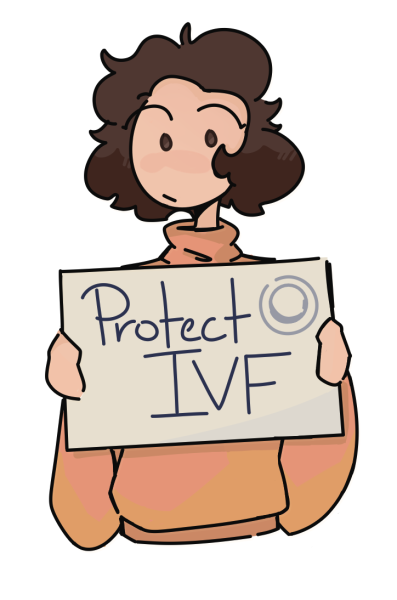
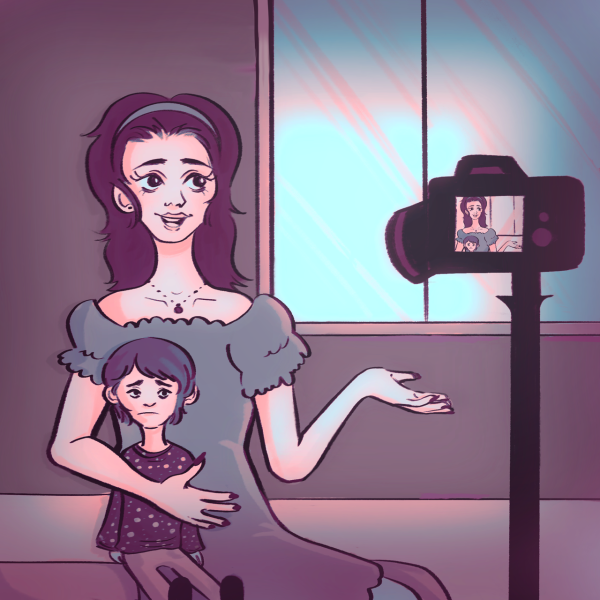

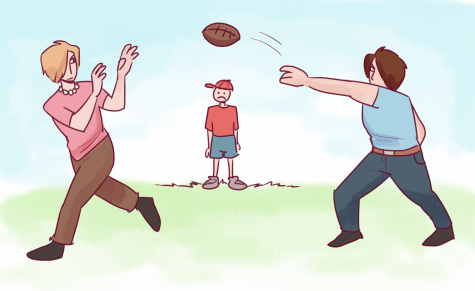
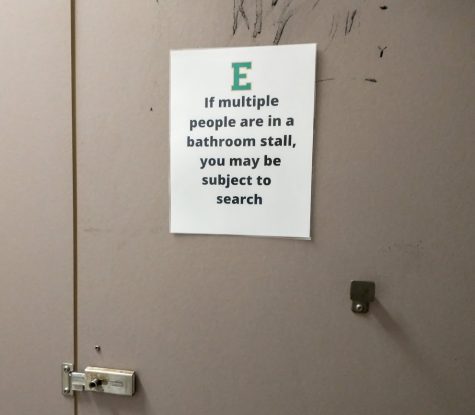
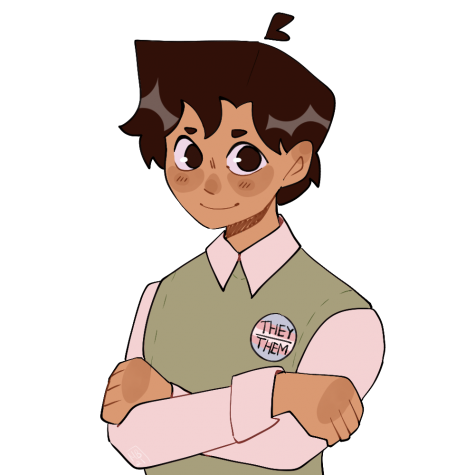

M. P. • Mar 16, 2018 at 12:47 pm
Here is the link to the MLK article they read in the English class: https://www.nytimes.com/2017/01/16/opinion/which-martin-luther-king-are-we-celebrating-today.html
Michael Hawkins • Mar 13, 2018 at 4:49 pm
Very thoughtful article.
We live in uncertain times where others’ ideas
are not welcome if they don’t fit our own world
view.
The writer of this article seems to have a balanced
and grounded perspective, not demeaning and not
proselytizing.
Very thoughtful article indeed.
Edina Parent • Mar 16, 2018 at 12:41 pm
This comment is fluff promotion of the writer.
As far as the article :
1/MLK day is a wonderful thing a national holiday;promoting it is fine under the Bill
2/Teachers are to teach, if they abusively push only leftist politics there should be adminstrative consequences, but they have failed to stop it , thus the Bill now provides remedy; notwithstanding left leaning students love hearing their politics promoted , just as right leaners would love to hear, Pro-Life , Pro 2nd Amendment and the truth that climate change is caused by Solar cycles and Ocean cycles.
3/ It would be great if everyone can just get along and focus on academics, because at the core, Edina remains a great school with great students and a lot of really great teachers.
Edina Student • May 5, 2018 at 9:10 pm
I think students should learn facts, which is probably why we’re not learning that climate change is caused by solar and ocean cycles. I totally believe in the right to ignorance; I just don’t think public schools should propagate it. This is why the Academic Balance Bill is dangerous. It would willfully permit misinformation of younger generations.